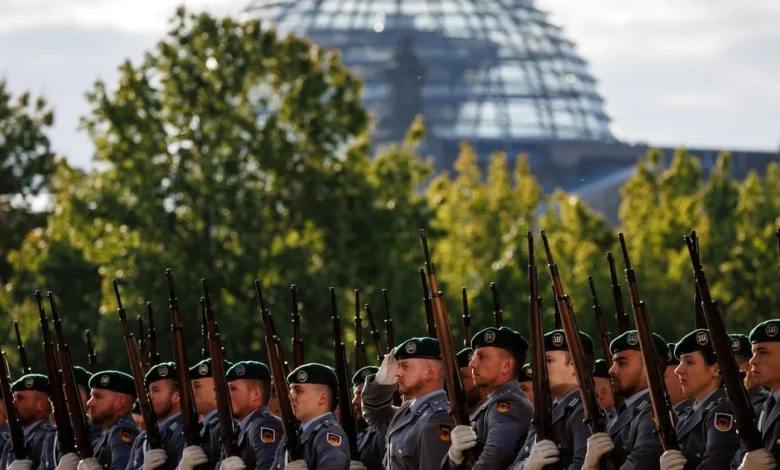Germany’s rearmament upends Europe’s power balance

For France, FCAS is more of a political project than just another procurement project. It’s tied directly to its nuclear deterrent, a fundamental aspect of its claim to European military leadership. Éric Trappier, the CEO of Dassault Aviation, which is to play a leading role in FCAS, was blunt with French lawmakers: “I’m not against the project, but when Germany says it’s going to exclude France, doesn’t that bother you?”
If Berlin spends big while teaming up mainly with Nordic and eastern allies, Paris risks losing the central role it has long enjoyed in Europe’s defense architecture.
Poland’s wary approval
However, not everyone sees Germany’s rearmament as a threat. In Warsaw, it’s viewed as both necessary and overdue.
“Poland has become a shining beacon among NATO allies in terms of military spending,” said Marek Magierowski, a former Polish ambassador to Israel and the United States. “Consequently, we insist that other partners follow suit. But if we seriously care about collective defense, we cannot keep saying: ‘Please, everybody spend more on defense. But not you, Germany.’”
A group of Polish officials who spoke with POLITICO expressed similar pragmatism. “They’re rowing in the right direction,” one said. “From our point of view, it could have been done earlier, but it’s good that it’s happening.”
But the often bloody past casts a long shadow.




